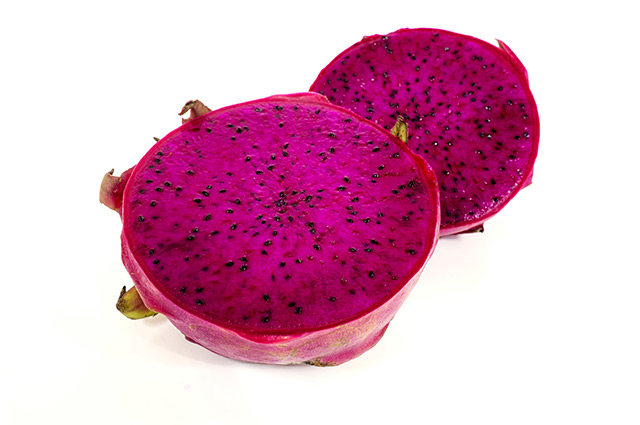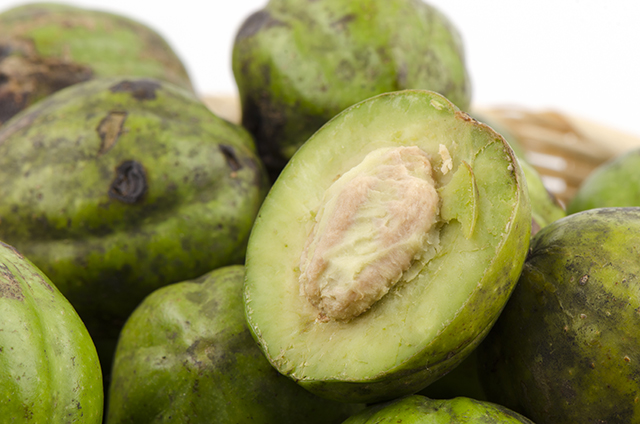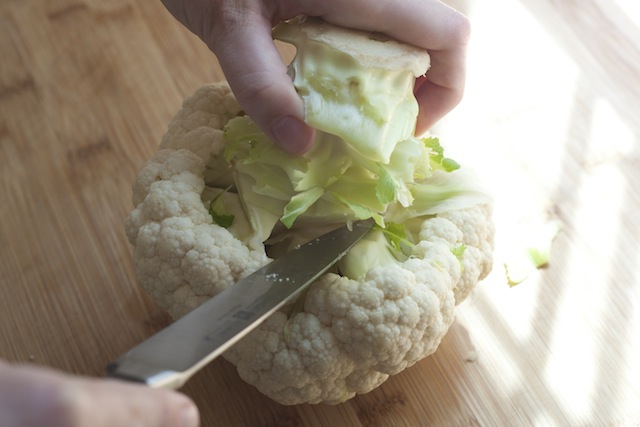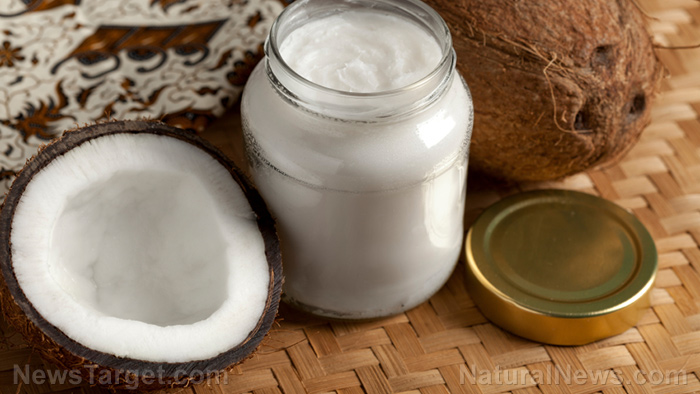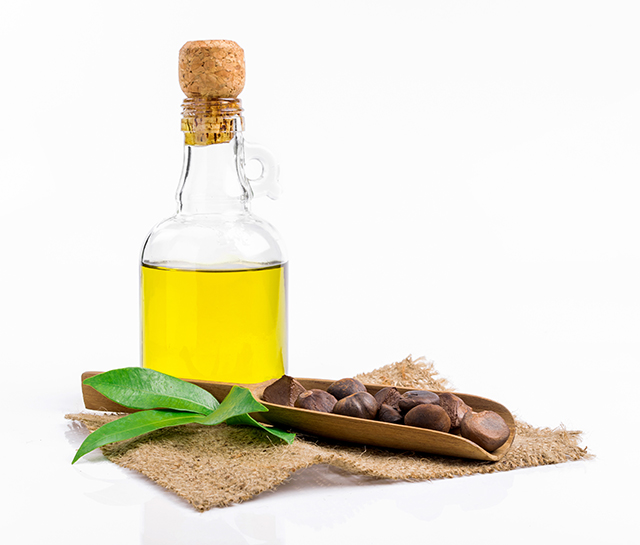Cottage Cheese – sources, health benefits, nutrients, uses and constituents at NaturalPedia.com
07/22/2017 / By Jhoanna Robinson
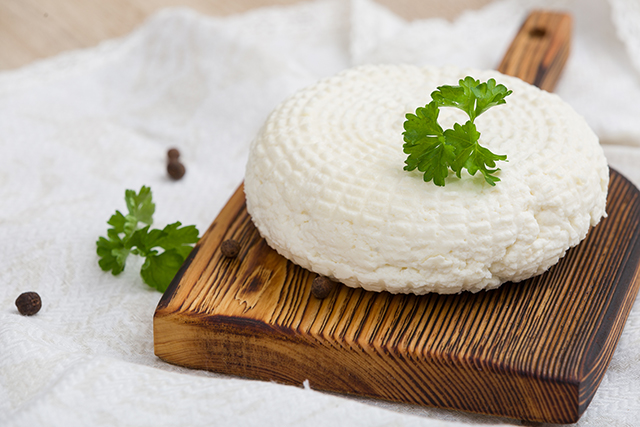
Cottage cheese is a byproduct of milk. It does not undergo a ripening process; that is why it has a relatively mild flavor as compared with other old cheeses.
List of known nutrients
- Calcium
- Magnesium
- Pantothenic Acid
- Phosphorus
- Potassium
- Protein
- Selenium
- Sodium
- Vitamin A
- Vitamin B12
Medicinal uses for cottage cheese
Healthy-eaters include cottage cheese in their daily diets because of its unusually low calorie count. Likewise, cottage cheese is a good source of protein – a single serving contains 23 grams, which is 421 percent of the recommended daily intake for men and 50 percent for women. A diet that contains high contents of protein helps you build muscle mass, especially when you also work out and do weight training. Casein, a type of phosphoprotein that is found in cottage cheese, aids in the absorption of the amino acid leucine, which promotes muscle building and prevents muscle breakdown.
One cup of cottage cheese (226 g) gives almost 30 percent of the recommended daily intake of selenium, which increases the antioxidant protection in the body.
Pantothenic acid, which is also found in cottage cheese, helps form fats, carbohydrates, amino acids, and proteins, and synthesizes them.
An average of 3.7 milligrams per gram to 5.5 mg/g of sodium chloride is found in cottage cheese, a study conducted by Sanders, Demott, and Hitchcock at the University of Tennessee showed.
One cup of cottage cheese provides for 38 percent of the recommended daily intake of vitamin B12, which removes the presence of homocysteine in the bloodstream. High levels of homocysteine in the blood can lead to an onset of cardiovascular disease.
Body systems supported by cottage cheese
Calcium is an essential mineral that you need for the facilitation of proper muscle contraction – including the muscles found in the heart – and to get your muscle nerves in good working order. One cup of cottage cheese is equivalent to 18 percent of calcium’s daily recommended intake.
Magnesium makes it possible for biochemical reactions in the body to occur and supports the immune system.
Ways to use cottage cheese
Top your meal of cottage cheese with a siding of vegetables like broccoli or radishes for an ultra-healthy treat – a mixture of both protein and vitamins and minerals. A casserole of rice with vegetable ingredients such as carrots, beans, onions, and peas, plus a mixture of cottage cheese and yogurt, is delectable to the palate.
Use it as toppings on pasta. A dessert idea, on the other hand, would be to mix cottage cheese in dark chocolate chips or cocoa nibs. You also might want to try topping it with granola and drizzling it with honey. For extra flavor, incorporate it in baked goods such as cakes, bread, dinner rolls, or muffins.
Cottage cheese can also be used as a spread or dip. Instead of using oil-rich mayonnaise, spread cottage cheese on your bread for a healthier alternative. Cottage cheese can also be mixed in scrambled eggs – for extra creaminess and cheesy goodness.
For more cottage cheese recipes, click here.
Where to learn more
- Foods Naturally High in Probiotics (Good Bacteria)
- Battling Stress With These 8 Super Foods that Nourish the Brain
- 40 Great Pre- and Post-Workout Snacks
- What Foods Are High in Amino Acids?
- Top 10 Foods Highest in Protein
Summary
Cottage cheese is good for the immune system.
Cottage cheese has an unusually low calorie count.
Cottage cheese promotes proper muscle contraction.
Sources include:
Tagged Under:


